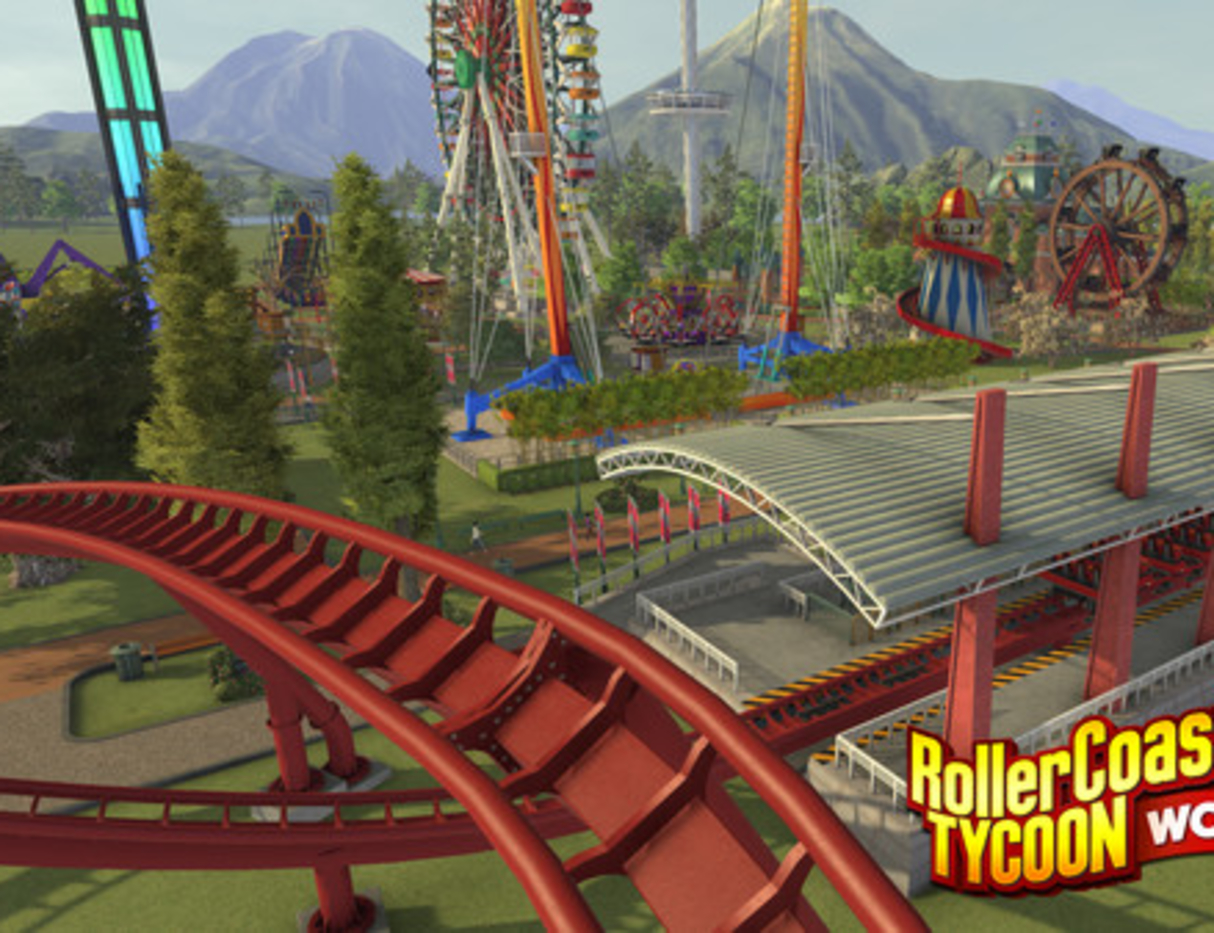

Sure, you can play SimCity or Cities: Skylines as an accurate simulation of urban planning, but I think most people just find it innately satisfying to create, to build up their own personal little utopia (or dystopia) from scratch. That’s the whole point of the “Builder” genre, right? You give players a bunch of tools-be it roads and buildings or, here, paths and rides-and turn them loose. The even-shorter version: Despite the change in name, Planet Coaster is the true successor to the beloved RollerCoaster Tycoon.

For now, suffice it to say that while RollerCoaster Tycoon World has a few advantages on Planet Coaster, it’s dragged down by poor performance, a cumbersome interface, and features that were clearly tacked on later to bring it up to parity with Planet Coaster instead of planned from the start. Maybe one day soon we’ll delve into RollerCoaster Tycoon World and its fractured development. The other was RollerCoaster Tycoon World ($35 on Steam), which I don’t think is quite as bad as the reputation it’s racked up on Steam but does seem to have been rushed out the door in some weird attempt to “beat” Planet Coaster to the punch. Technically there were two different theme park builders released last week- Planet Coaster, our main concern for this review, being one. There’s an easy way to judge “Builder”-style games, I think-maybe not the most scientific way, but certainly a gut-level instinct: Was there a moment while playing where I looked up to find that it was 4 in the morning and I should probably have gone to sleep hours ago?Īnd if we’re judging Planet Coaster on that criteria, then it’s a stunning success.


 0 kommentar(er)
0 kommentar(er)
